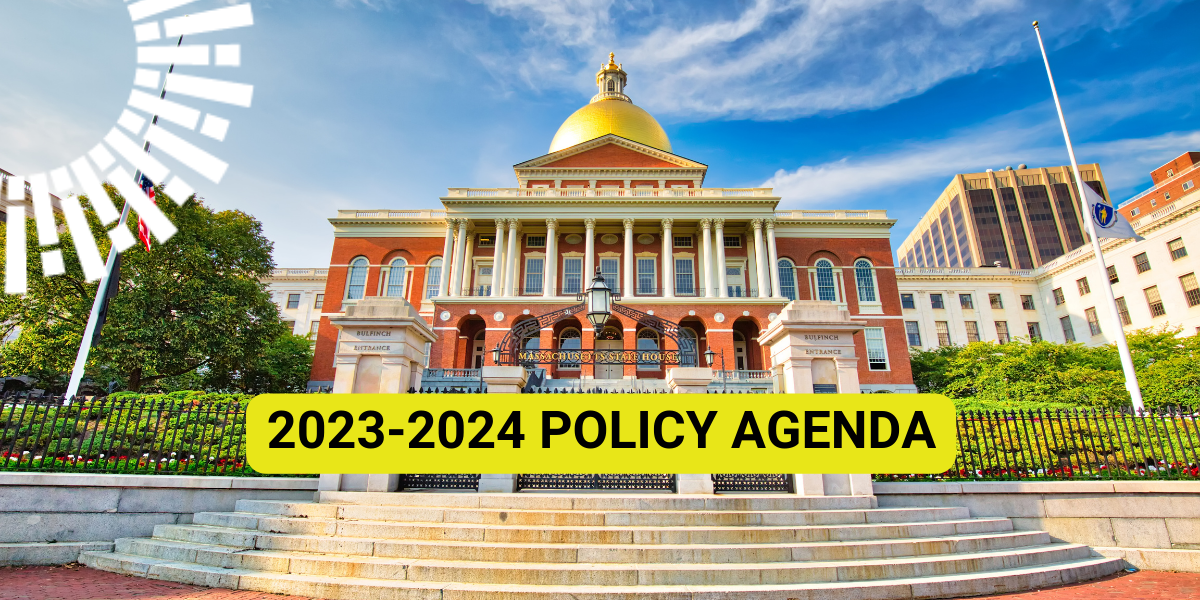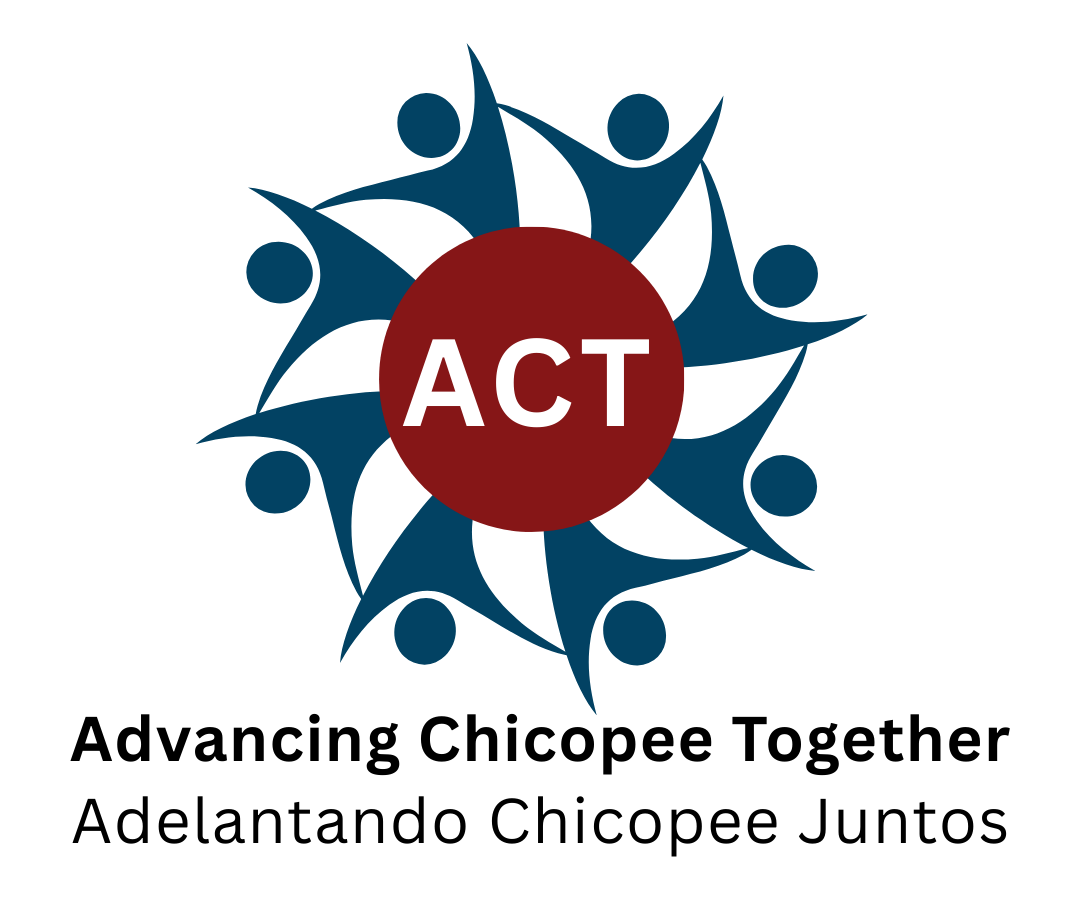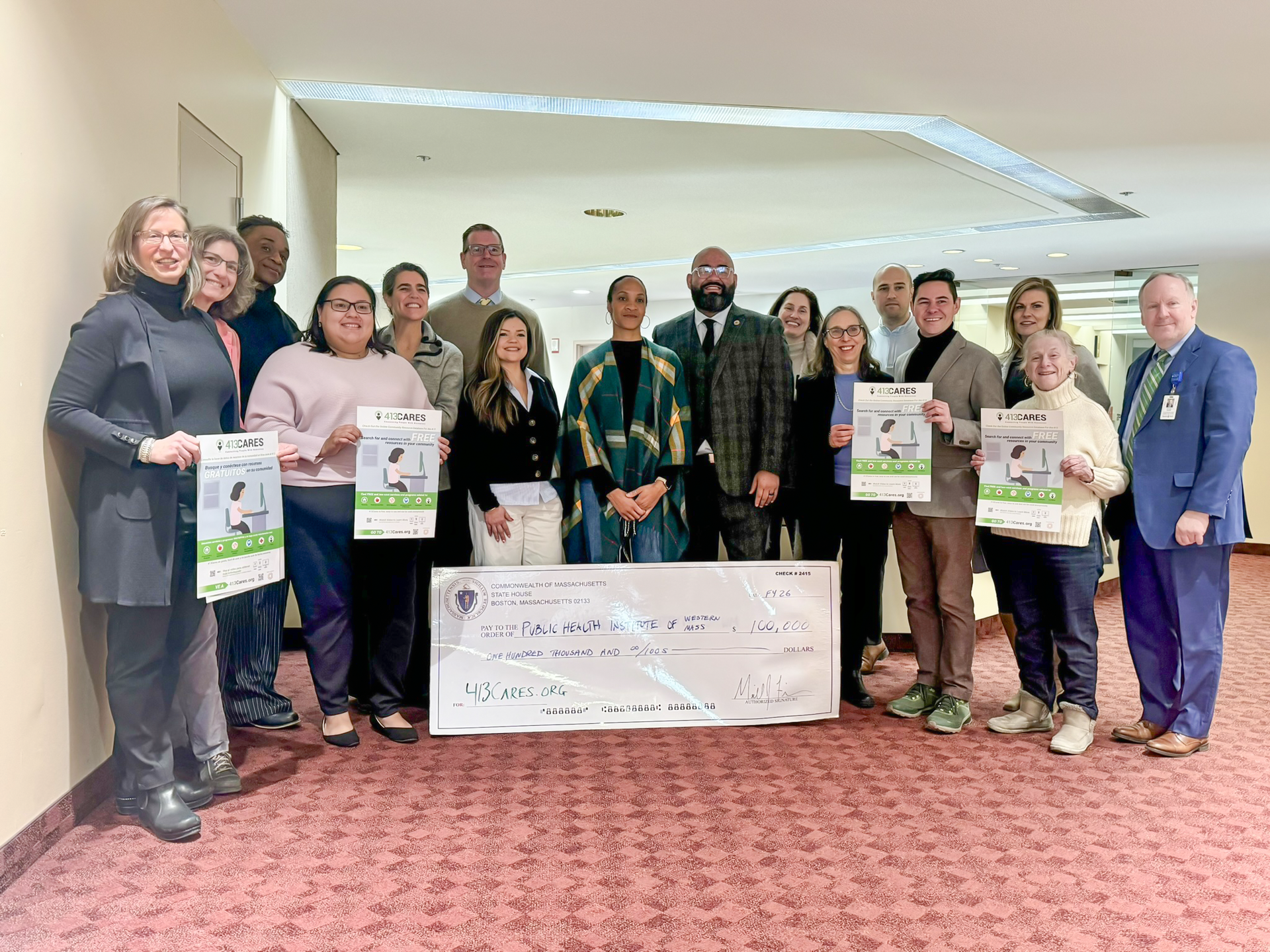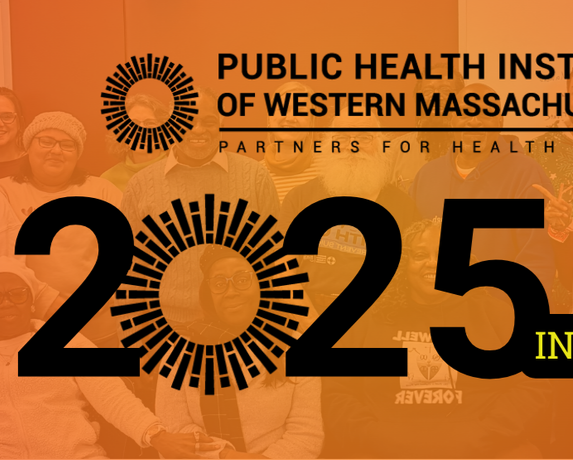Our 2023-2024 Policy Agenda

The MA state legislature begins a new two-year session next month. After all 40 state senators and 160 representatives are sworn in on January 4, 2023, we can expect them to file upwards of 7,000 bills in just a few weeks. While many of those bills are “refiles” from last session, plenty will be new, with novel ideas and approaches intended to better address the needs of our Commonwealth.
At this point, many nonprofits, businesses, and institutions—including PHIWM—will begin to advocate for specific topics and bills. As a mission-driven nonprofit organization that does research and coalition building, PHIWM also advocates for legislation that advances health equity and brings us closer to racial justice.
In 2023-2024, our advocacy work will focus on the dire need in Western MA for more housing that is affordable and healthy to live in, because housing is a key driver of good health for all. Working collaboratively with the Western MA Network to End Homelessness, PHIWM will help ensure that there are strong Western MA voices at the statewide tables that are often made up of only folks from Eastern MA. We will also be working to pass a transformative local public health bill (SAPHE 2.0); to invest in youth mental health; to improve air quality; and to increase public transportation options that reduce carbon emissions. In doing this work, we will participate in several coalitions, including those led by the MA Association of Community Development Corporations, MA Public Health Association, Greater Boston Legal Services, MA Law Reform Institute, Transportation for MA, and the Conservation Law Foundation.
If you would like to learn more about our policy priorities, we invite you to sign up for our newsletter, follow us on Facebook, or contact Policy Director Andrea Freeman.
share this
Related Articles




